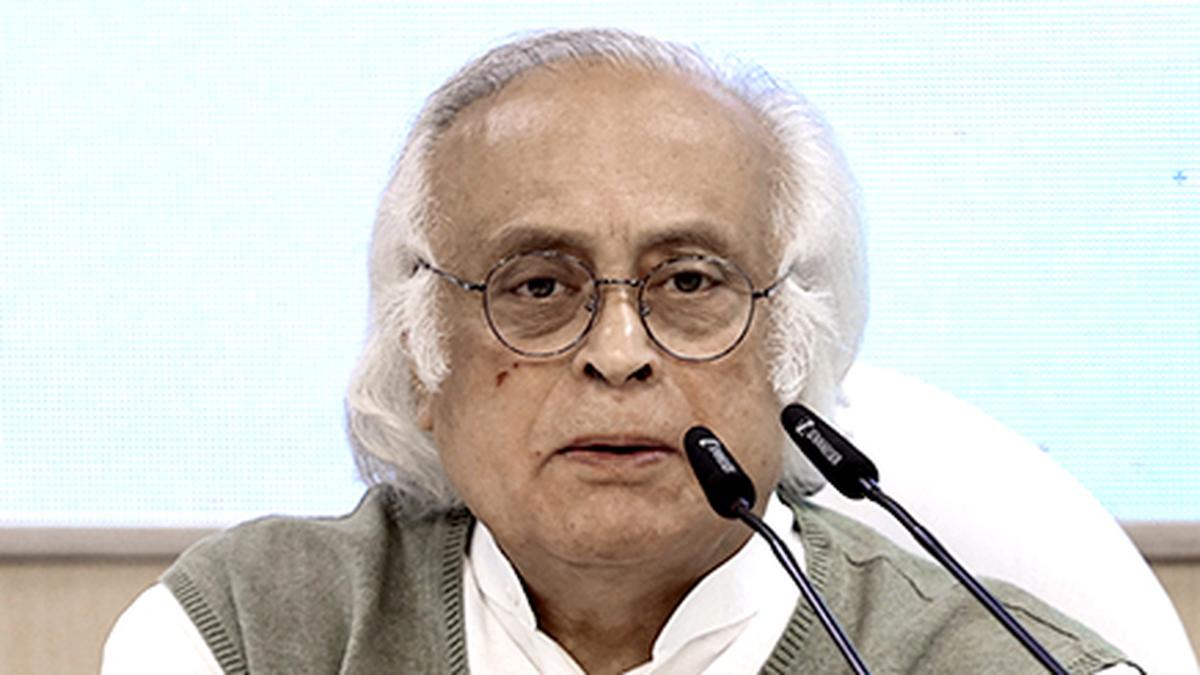Is the RSS Chief's Recent Statement on Temple-Mosque Disputes a Clever Misdirection? Congress Demands Clarity!
The recent statement by RSS chief Mohan Bhagwat regarding the resurgence of temple-mosque disputes has sparked a heated debate, with the Congress party accusing Bhagwat of misleading the nation. Bhagwat expressed concern over the rising number of disputes, suggesting that individuals are attempting to exploit religious sentiments for political gain in the aftermath of the Ayodhya Ram Temple construction. But is this a genuine concern or a strategic maneuver to deflect criticism? Let's delve into the controversy and dissect Bhagwat's statement.
Congress Accuses RSS of Hypocrisy: A Calculated Move or Genuine Concern?
Congress leader Jairam Ramesh took to X (formerly Twitter) to express his party's strong disapproval. Ramesh highlighted the apparent contradiction between Bhagwat's words and the RSS's actions. He challenged Bhagwat's honesty, asserting that if the RSS was truly committed to preventing such disputes, it would publicly pledge to never support leaders who incite religious conflict. The party believes Bhagwat's statement is an attempt to deflect criticism and whitewash past actions. Ramesh pointed out that many individuals involved in inciting such disputes often have links to organizations such as Bajrang Dal and Vishva Hindu Parishad, groups affiliated with the RSS.
The Underlying Implications: Is it All About Political Opportunism?
The Congress alleges a pattern of the RSS using subtle methods to steer religious discourse toward their political gain. They argue the apparent concern for social harmony lacks the authenticity expected given the long-standing associations and reported complicity within the RSS's wider network of affiliated organizations. Such assertions imply the RSS's approach is more strategic than genuinely committed to harmony and peaceful coexistence, prompting concerns that actions might overshadow words.
Unpacking the RSS Chief's Statement: A Deeper Look
Bhagwat's statement focused on individuals using religious disputes to further their political ambitions. He expressed fear of new temple-mosque controversies. While this message appears aimed at restoring communal harmony, it's seen by some as a smokescreen.
The Political Undercurrent: An Analysis of Bhagwat's Intended Message
The Congress questions Bhagwat's intention. They wonder if this attempt at damage control reflects an awareness of the damage these religiously charged disputes cause. Whether genuine remorse for past actions or a political strategy remains unclear. It sparks critical discussion, challenging the intent behind this high-profile statement from the RSS chief. This opens the door to scrutiny, demanding a thorough evaluation of the broader impact of similar statements.
Deeper Dive into the Controversy: A Look at Past Events and their Connection
Analyzing similar past controversies reveals the larger political game at play. Previous actions by those aligned with RSS show the need for the Congress's challenge to Bhagwat's current statement. By linking past events, the Congress's criticism digs deeper than simple dismissal of recent remarks.
Connecting the Dots: Past Actions and Current Assertions
The controversy centers around conflicting views on whether Bhagwat's statement shows a genuine shift or is another form of political maneuvering. The contrasting perspectives create layers of interpretation, further deepening the discussion's complexity. Examining historical context highlights possible hypocrisy. Previous instances of alleged actions highlight the ongoing tension, which intensifies due to past religious events that create complex implications.
Conclusion: Time for Accountability?
The clash between the Congress's accusations and Bhagwat's statement brings to the fore important questions regarding accountability and transparency. Critics argue this situation necessitates a detailed investigation into RSS actions and any potential links to politically charged religious disputes. Examining past instances is critical to providing clear evidence. Demands for greater transparency highlight the urgency for a more detailed examination. The intensity of the debate calls for addressing concerns regarding communal harmony and the political usage of religious tension in India.
Take Away Points:
- The Congress strongly criticizes the RSS chief's recent statement, alleging a discrepancy between words and actions.
- The controversy centers on the perceived hypocrisy of the RSS, with Congress questioning the organization's commitment to communal harmony.
- This situation raises significant concerns about political opportunism and the manipulation of religious sentiments.
- The debate highlights the urgent need for greater accountability and transparency within the RSS.




